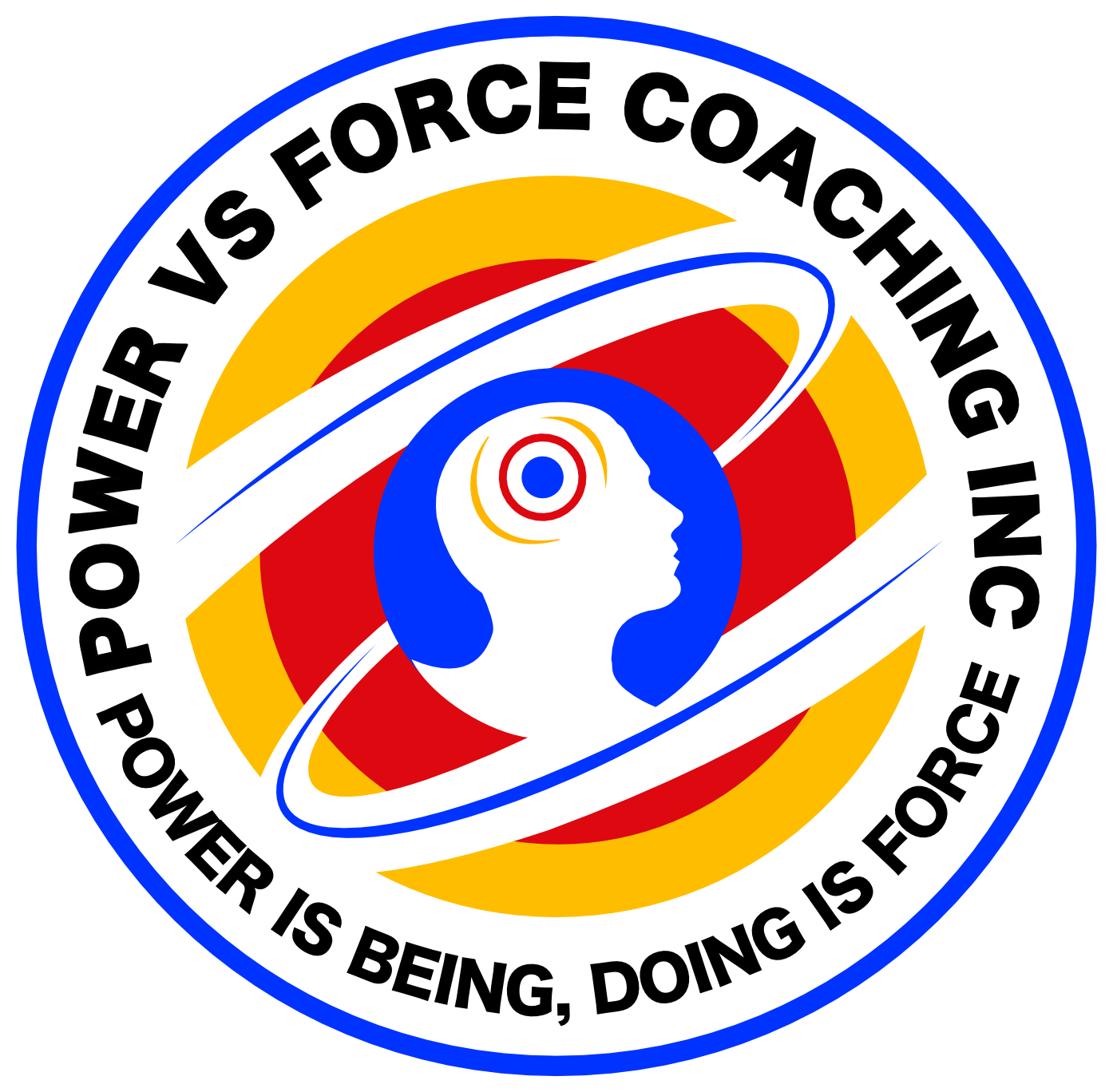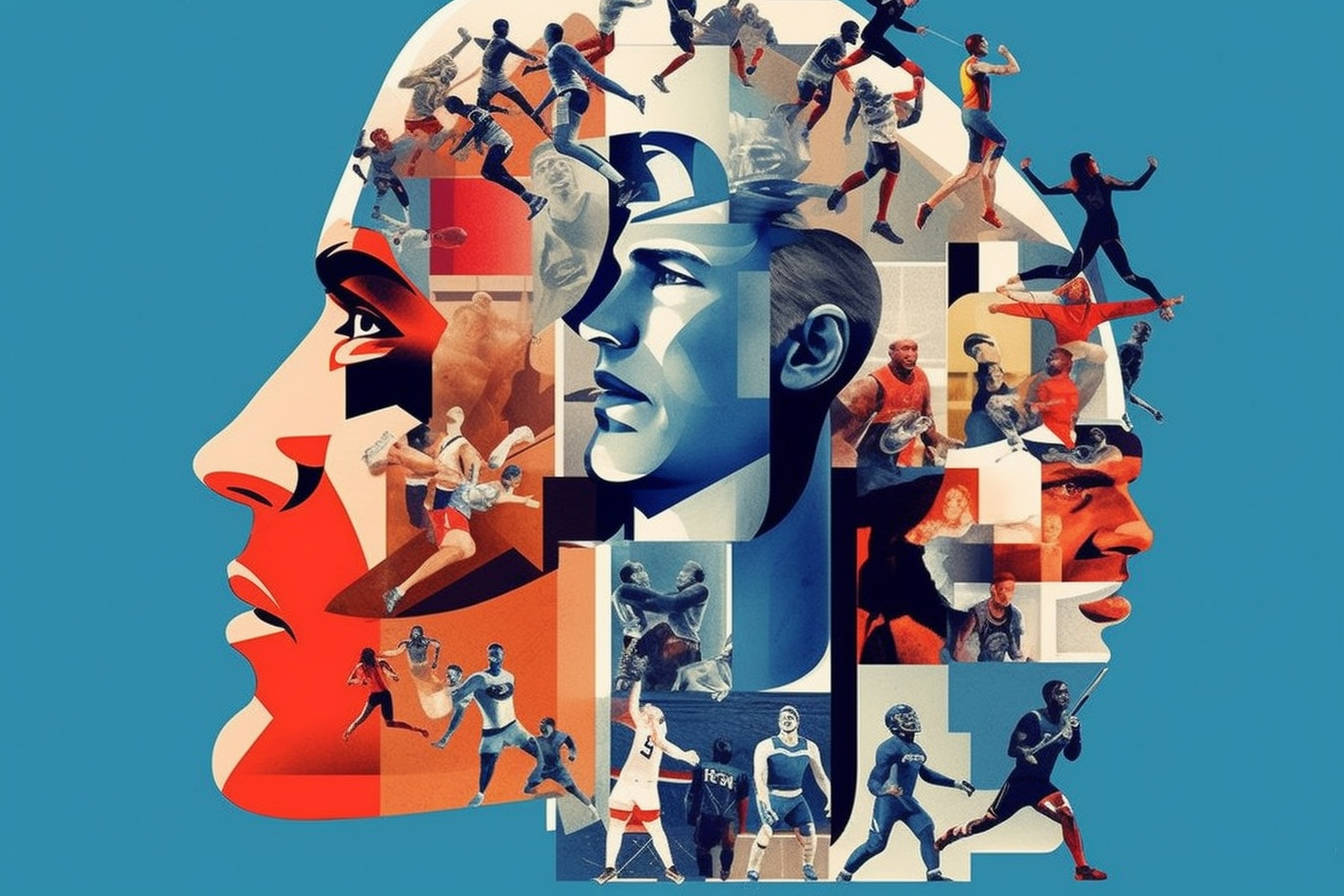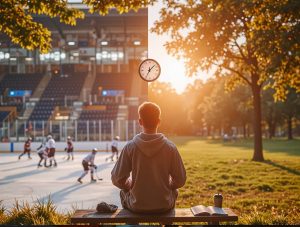“Your visions will become clear only when you can look into your own heart. Who looks outside, dreams; who looks inside, awakes.” – Carl Jung
The pursuit of high performance in sports, like the pursuit of excellence in any discipline, requires more than just physical skills or raw talent. As a COR.E Performance Dynamics Specialist, I can confirm that a significant yet often overlooked factor in this quest is self- awareness. It’s the key to unlocking the potential of an athlete, fueling not just their performance but also their growth and transformation.
Self-awareness, in the context of sports, is the conscious understanding of one’s physical and emotional state, as well as the ability to recognize one’s strengths, weaknesses, thought patterns, emotional reactions, and how these factors influence performance. This understanding has a profound effect on an athlete’s ability to reach optimal performance levels.
There are multiple reasons why self-awareness is fundamental for high performance in sports.
Let’s discuss these in detail:
“In sports as in life, the greatest victory is the victory over oneself.” – John Wooden
- Self-Regulation: Self-awareness empowers athletes to manage their physical and emotional states effectively. They can recognize when they’re anxious or stressed and employ techniques to return to a state of calm. Understanding what triggers stress or anxiety and being able to manage it is a hallmark of top athletes. The power of self- awareness allows for real-time regulation and is an invaluable tool for stress management.
“In sports as in life, the greatest victory is the victory over oneself.” – John Wooden - Performance Enhancement: When athletes understand their bodies better, they can make necessary adjustments to improve their performance. Self-awareness includes knowing one’s limits, identifying weaknesses, and understanding the conditions under which one performs best. This knowledge can guide training routines, recovery schedules, dietary choices, and strategic decisions in competitions.
“The will to win is important, but the will to prepare is vital.” – Joe Paterno - Better Decision Making: Self-aware athletes make more informed decisions. They understand their mental and physical states and can predict how they will react under different circumstances. This knowledge leads to smarter strategic decisions, whether it’s deciding when to push hard, when to conserve energy, or how to respond to an opponent’s strategy.
“The key to making the best decisions is not having all the right answers, but asking the right questions.” – John C. Maxwell - Improved Learning and Adaptation: Self-awareness accelerates learning and adaptation. By reflecting on their performances, athletes can identify what worked and what didn’t, understand why, and adjust their approach accordingly. This process of self- reflection and adjustment leads to continual improvement and adaptation.
“It’s not about perfect. It’s about effort. And when you bring that effort every single day, that’s where transformation happens. That’s how change occurs.” – Jillian Michaels
- Emotional Intelligence: Highly self-aware athletes tend to have high emotional intelligence. They are better at recognizing and understanding their emotions, which aids in managing their responses to various situations. Athletes with high emotional intelligence can keep their composure under pressure, maintain positivity during setbacks, and boost their overall performance.
“The true test of a person’s character is what they do when no one is watching.” – John
Wooden
To build self-awareness, athletes can utilize various strategies, including mindfulness practices like meditation, journaling to reflect on experiences and emotions, psychological skills training, and working with a COR.E Performance Dynamics Specialist or sports psychologist.
As a COR.E Performance Dynamics Specialist, I affirm that cultivating self-awareness should be an integral part of an athlete’s training regimen. It’s not a “nice-to-have”; it’s a “must-have.” It complements physical training and strategic learning to help athletes reach their highest potential and sustain high performance. By fostering self-awareness, athletes can gain a competitive edge, continually learn, and adapt, make smarter decisions, manage stress effectively, and maximize their athletic potential. It’s time we acknowledged and harnessed the power of self-awareness in sports.





